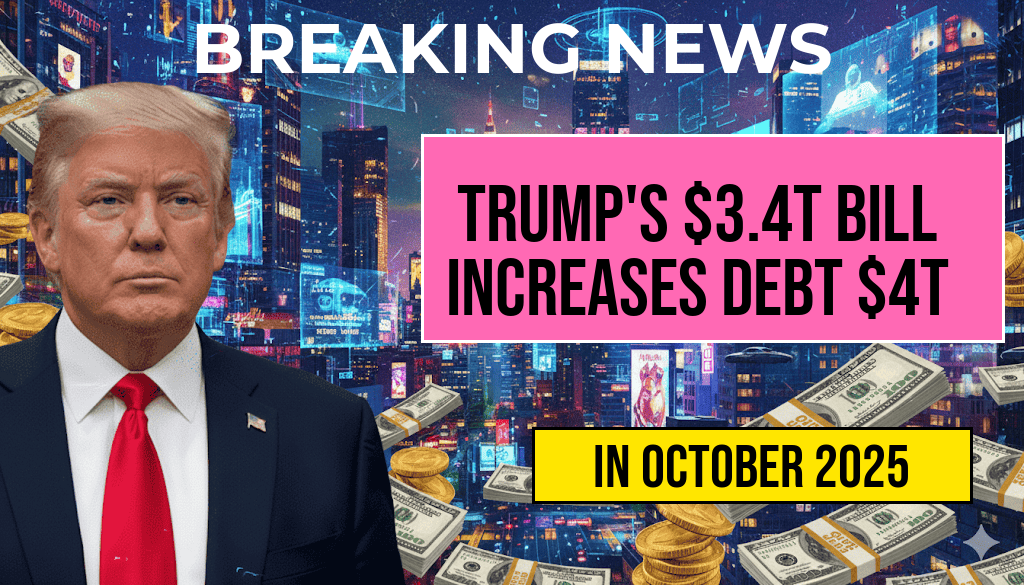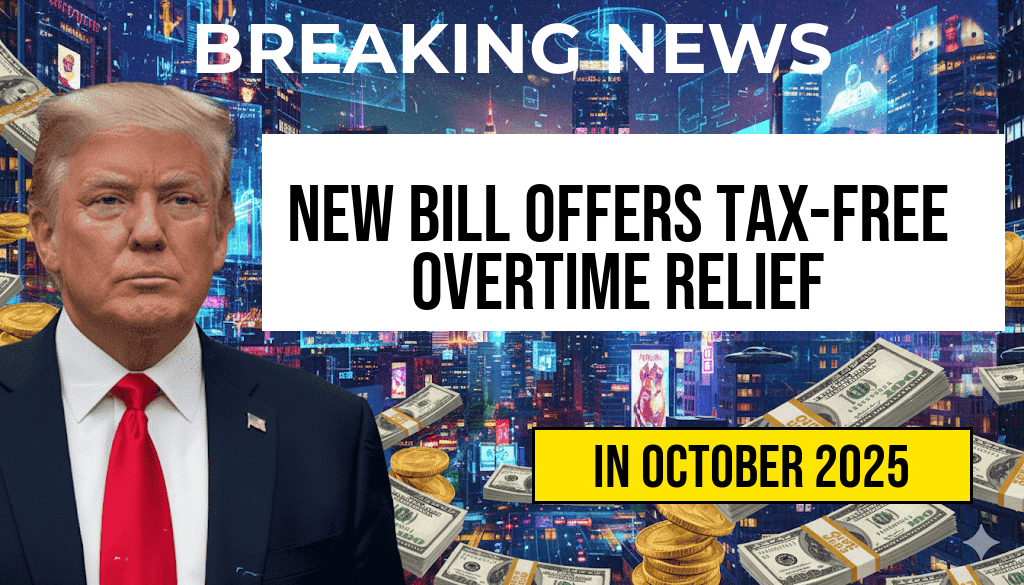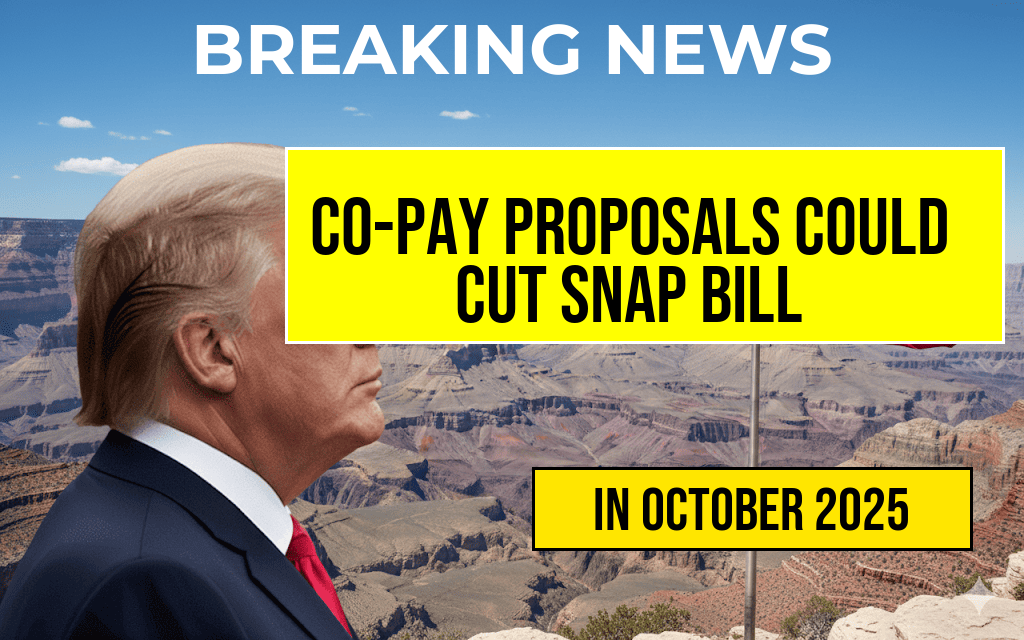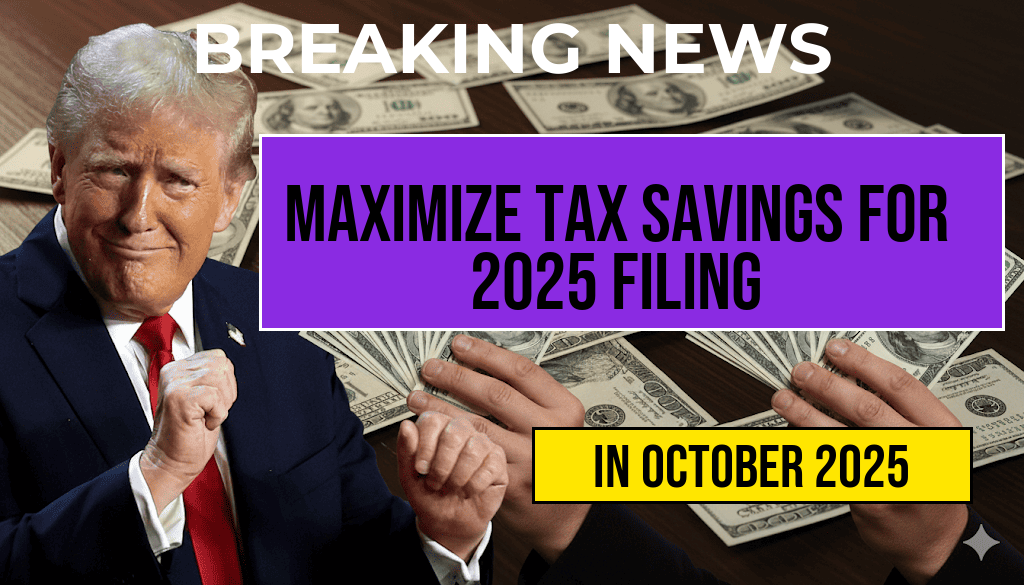In a bold move that has sparked widespread debate, former President Donald Trump has signed a $3.4 trillion mega-bill that is poised to increase the national debt by an estimated $4 trillion over the next decade. The legislation, touted as a means to stimulate economic growth and address pressing national issues, has raised concerns among fiscal conservatives and economic analysts. One notable aspect of the bill is Trump’s commitment to not impose taxes on tips, a decision that has been met with both support and skepticism from various sectors, including hospitality and service industries. Critics argue that while the bill may provide short-term benefits, it could exacerbate long-term economic challenges, including inflation and increased borrowing costs.
The Details of the Mega-Bill
The mega-bill encompasses a wide array of funding initiatives aimed at infrastructure, healthcare, and education, with the goal of revitalizing the economy in the wake of the COVID-19 pandemic. The highlights of the legislation include:
- $1 trillion allocated for infrastructure projects, including roads, bridges, and public transport.
- $800 billion dedicated to healthcare reforms, focusing on expanding access and lowering prescription drug prices.
- $600 billion earmarked for education, with significant investments in K-12 public schools and community colleges.
- $1 trillion set aside for environmental initiatives, including renewable energy projects and climate resilience programs.
Impact on the National Debt
The projected increase of $4 trillion in national debt has raised alarms among economists and lawmakers who express concern over the long-term implications. The U.S. national debt currently stands at approximately $31.4 trillion, and this new legislation is expected to intensify discussions about fiscal responsibility and economic stability.
Experts warn that the additional debt could lead to increased interest rates, making borrowing more expensive for consumers and businesses alike. Furthermore, the possibility of future tax increases to offset this spending is a point of contention among bipartisan lawmakers. Some believe that the bill could set a precedent for unchecked government spending, while others argue that the investments are necessary for sustainable growth.
Tax Policy and Tips
Trump’s pledge to avoid taxing tips has garnered attention from various groups, particularly those in the service and hospitality industries. The move is seen as a way to support workers who rely heavily on gratuities for their income. According to the National Restaurant Association, tipping is a critical part of compensation for many employees, and any tax on tips could negatively impact their earnings.
However, some economists argue that the lack of taxation on tips may lead to a decrease in government revenue, further complicating the nation’s fiscal landscape. The debate continues as stakeholders assess the potential benefits and drawbacks of this policy.
Reactions to the Mega-Bill
The mega-bill has sparked a variety of reactions from lawmakers and the public. Supporters claim that the legislation is a much-needed response to the economic challenges faced by many Americans. They argue that the investments outlined in the bill will create jobs and stimulate growth in key sectors.
Conversely, critics emphasize the risks associated with increasing the national debt and express concerns about the long-term effects of such expansive spending. Senator Rand Paul, a vocal critic of government spending, stated, “We cannot continue to borrow money at this rate without facing dire consequences in the future.” This sentiment resonates with many fiscal conservatives who advocate for balanced budgets and prudent spending.
Conclusion
The passage of Trump’s $3.4 trillion mega-bill marks a significant moment in U.S. economic policy, with implications that will be felt across various sectors of the economy. As the nation grapples with the challenges of rising debt and economic recovery, the effectiveness of this legislation will be closely monitored in the months and years to come. Policymakers and the public alike will need to weigh the potential benefits of this investment against the risks of increased debt and economic instability.
For further information on the implications of government spending, you can visit Wikipedia on U.S. National Debt or read insightful analyses on platforms like Forbes National Debt Analysis.
Frequently Asked Questions
What is the total amount of the bill enacted by Trump?
The bill enacted by Trump amounts to $3.4 trillion, which is part of a larger financial strategy.
How much will the national debt increase as a result of this legislation?
This legislation will increase the national debt by $4 trillion, raising concerns among economic analysts.
What is the significance of the pledge regarding taxes on tips?
Trump has pledged that there will be no tax imposed on tips, which is significant for workers in service industries who rely on gratuities for income.
What are the potential implications of this mega-bill on the economy?
The implications of this mega-bill on the economy could be profound, potentially affecting inflation, national debt levels, and public services funding.
What are critics saying about the increase in national debt?
Critics are voicing concerns that the increase in national debt could lead to long-term financial instability and reduce fiscal flexibility for future administrations.






